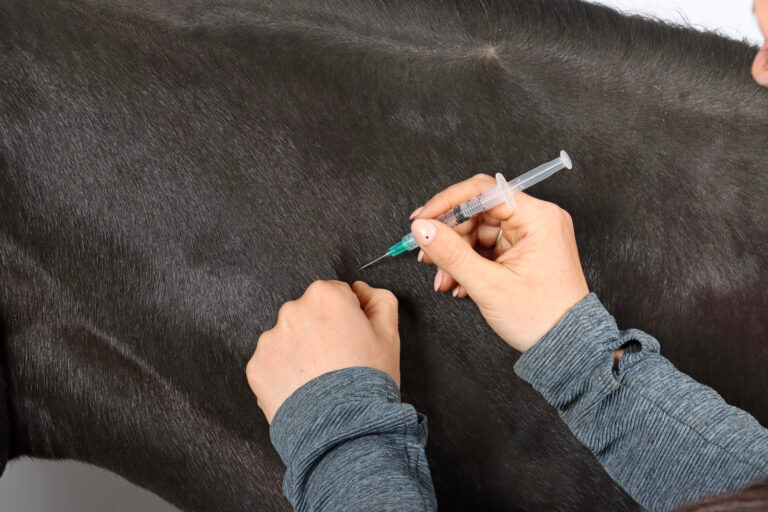
Luckily, most pregnant broodmares are healthy and have healthy pregnancies. These are the ones you can confirm pregnant at Day 14 and almost let them be until there’s a healthy foal on the ground. Even with healthy pregnancies, however, veterinarians and caretakers should adhere to certain do’s and don’ts. Melissa Prell, DVM, MS, Dipl. ACT, director at Peterson Smith Advanced Fertility Center, in Summerfield, Florida, described these during a Burst Session at the 2023 AAEP Convention in San Diego.
- Do avoid stressing mares during late gestation.
“Don’t change their pasture or add new pasturemates,” said Prell. “If moving the mare to a foaling facility, do that about two to three weeks before she is due. This helps build up immunity to potential bacteria that are new to their system.”
- Don’t overfeed during gestation.
“The mare’s nutrient requirements don’t change until the last trimester and then again until they’re lactating,” she said. “Simply add extra energy such as alfalfa and a ration balancer.”
- Do examine even healthy mares once a month.
“Even though there is no real diagnostic test for ‘catching’ a mare that is becoming a high-risk pregnancy, look for mares with poor perineal conformation, vulvar discharge, precocious mammary development, and a severely enlarged abdomen,” Prell said. “In the latter case we’d be worried about hydrops, twins, or a ruptured prepubic tendon.”
- Do closely monitor high-risk mares using either transrectal or transabdominal ultrasonography.
Pell advised looking for fetal heart rate and combined uterine placental thickness (CUPT). “An important take-home message regarding CUTP is that you can falsely increase the CUTP if you’re not in the correct position,” warned Prell.
Treatment of high-risk mares will depend on the clinical findings but might include antibiotics, anti-inflammatories, supplemental progesterone or estrogen, pentoxifylline (to increase blood flow to the fetus), and stall rest.


![[Aggregator] Downloaded image for imported item #18383](https://s3.amazonaws.com/wp-s3-equimanagement.com/wp-content/uploads/2025/09/30141253/EDCC-Unbranded-29-scaled-1-768x512.jpeg)

